Detecting Oil Guzzlers: The Insider's Guide to Spotting an Engine that Eats Oil

by AutoExpert | 18 January, 2024
Let’s talk about something crucial – how to spot a car that's secretly guzzling oil. Buying a car is a big investment, and the last thing you want is to drive off with an oil-thirsty engine. So, how can you tell if that potential new ride has an appetite for oil? Let's dive in.
Smoke Signals and More
First off, let's start with the basics. When you're eyeing a car, pay close attention to the exhaust smoke. Blue smoke? That's a classic sign of oil burning in the engine – and definitely a red flag. Pro tip: Check the first puffs of smoke on a cold start. If they're blue, fading to a less noticeable color, you might be looking at worn valve seals. And remember, black gunk inside the exhaust pipe is a no-go – it points to oil burning.
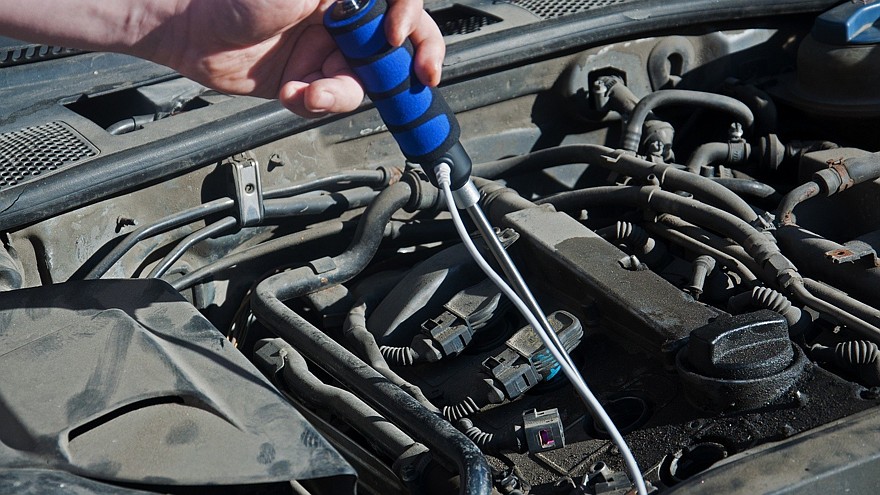
The Telltale Trunk
Next, pop open the trunk. If you find a lonely liter of oil sitting there, it might mean the current owner is constantly topping off the oil – not a good sign. A nearly empty large canister? Even worse. It could mean the engine is downing oil faster than a racer on the final lap.
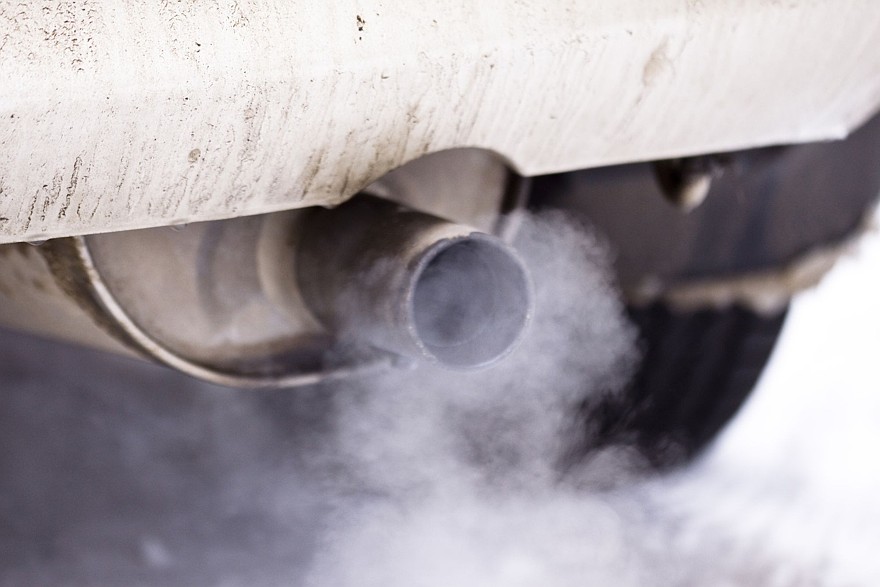
Under the Hood: The Deep Dive
Now, it's time to get your hands dirty. Check out the oil dipstick. If it's unusually clean amidst a grimy engine bay, it might be seeing a lot of action – as in, frequent oil level checks due to high consumption. Also, peek around the oil filler cap. Oil splatters here can mean frequent top-offs.
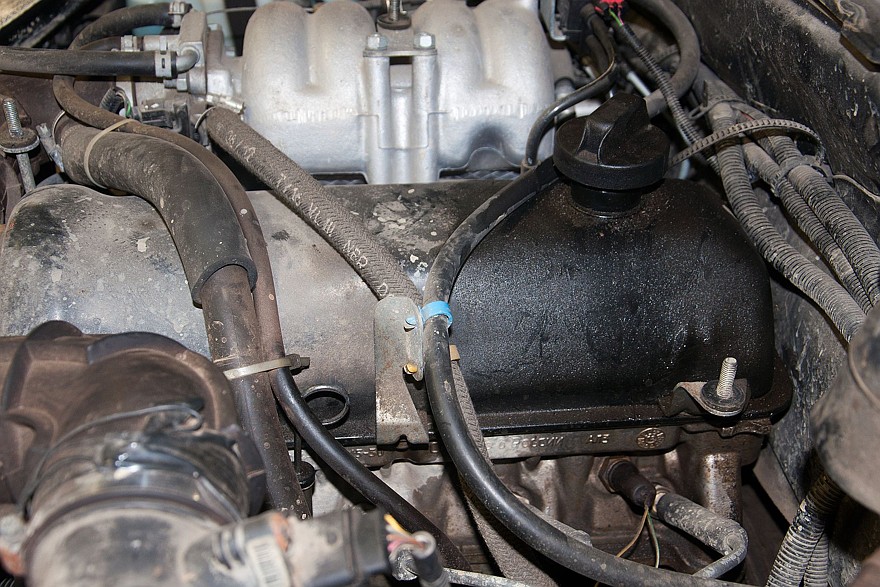
What's That Smell and Smoke?
Crack open the oil filler cap while the engine's idling. A whiff of gasoline or visible smoke? Both are bad news, suggesting worn piston rings or valve seals. Plus, if the cap dances around from building pressure, it's another hint of internal issues.
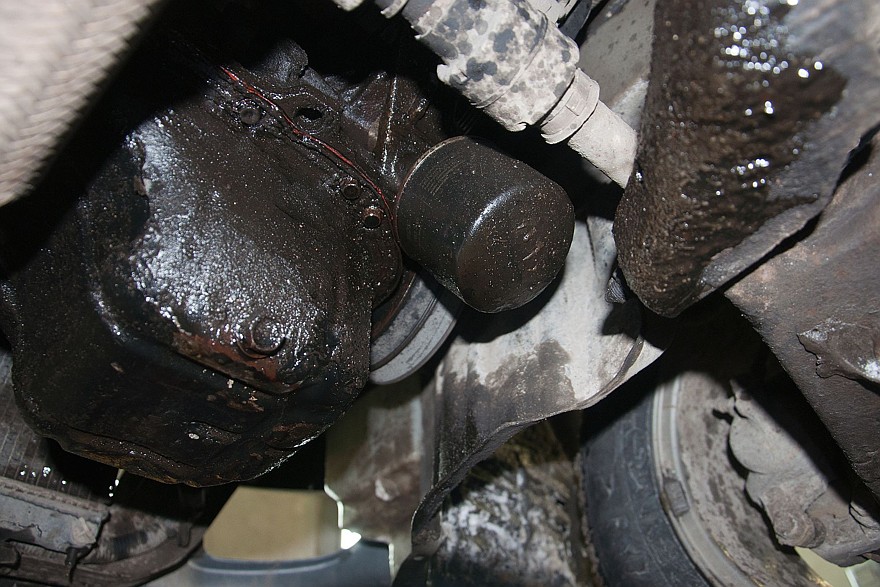
The Spark Plug Story
If you're comfortable with tools, pull out a spark plug. Oily, sooty deposits here can point to oil consumption. Sure, not everyone's eager to yank out spark plugs, but it's a telling sign if you do.
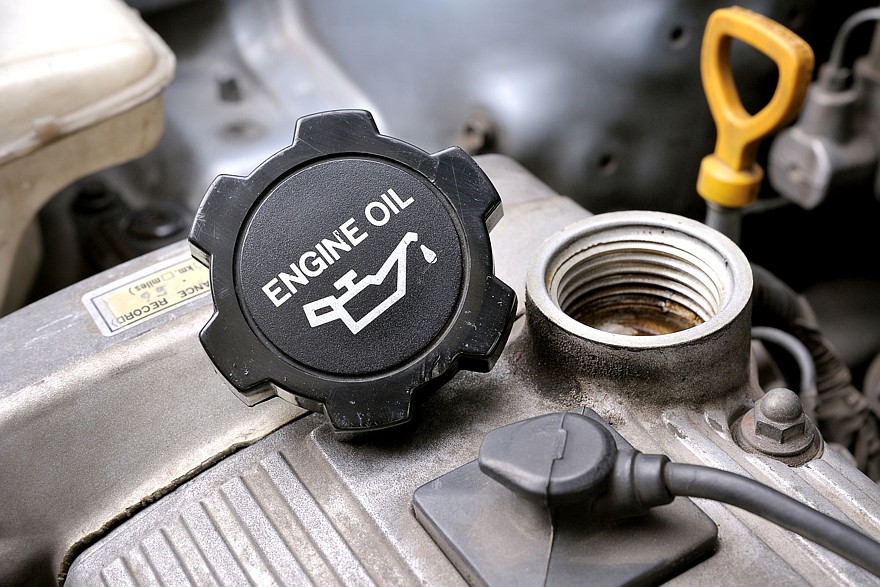
A Bit of Luck and Research
Lastly, a bit of detective work can go a long way. If you can access the car's service history and spot a mention of engine decoking, it's a hint of past oil consumption issues.
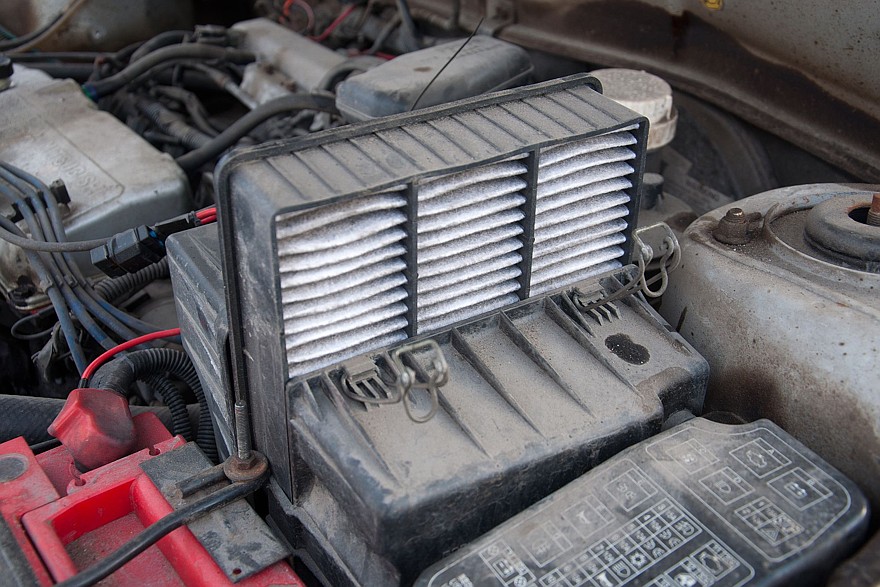
So there you have it, friends. A few smart checks can save you from landing an oil-thirsty engine. Stay sharp, ask questions, and don't rush your decision – your perfect ride is out there!

















